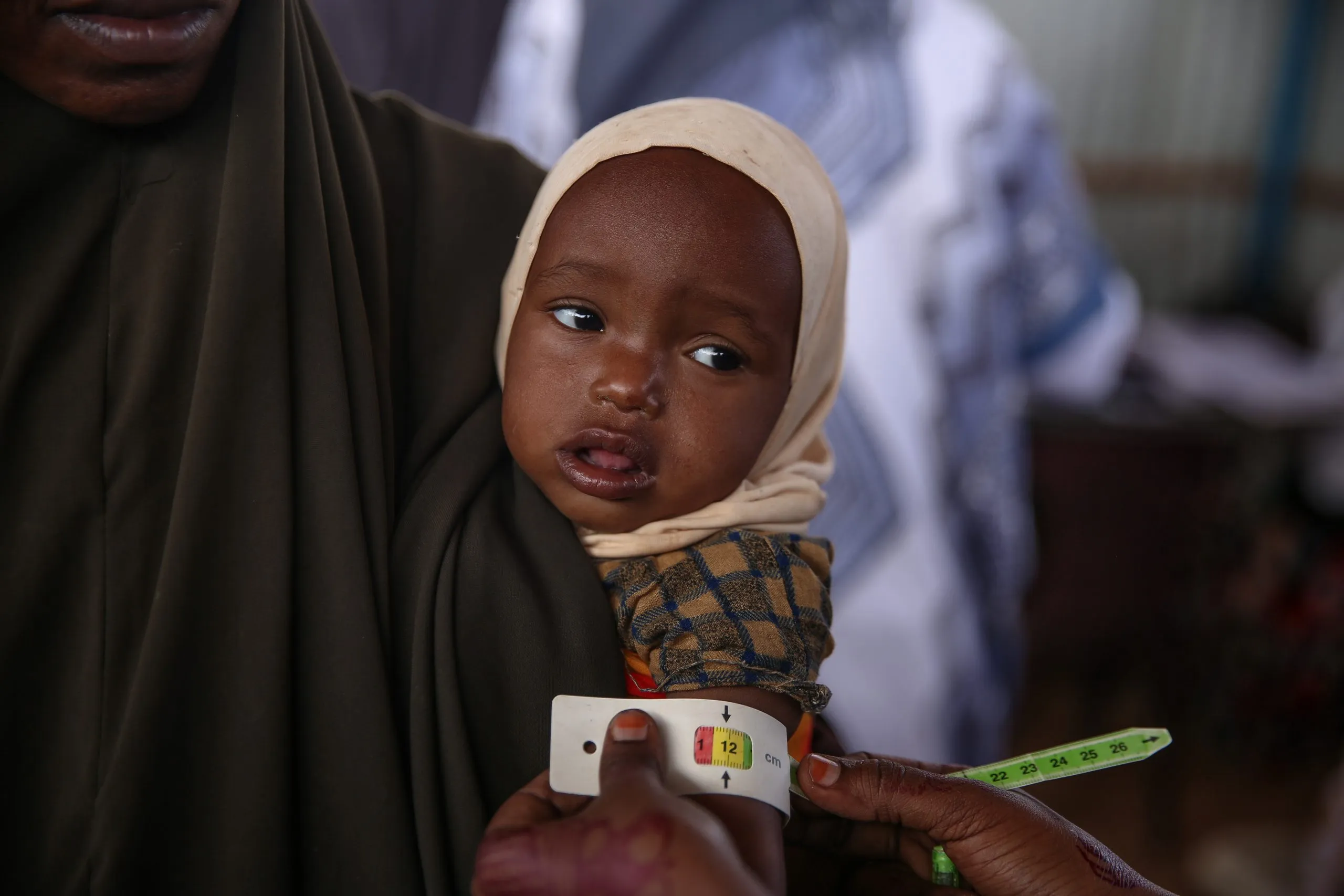Trócaire officials say that the famine is likely to spread to Central and Southern Somalia “if the 2023 season rainfall turns out to be poorer than currently predicted and humanitarian assistance is not scaled up to reach the country’s most vulnerable populations.”
In the March 13 report, officials the overseas development agency of the Catholic Bishops in Ireland say that the drought in the country is behind the conflict among communities who are struggling for “dwindling resources.”
“New and protracted armed conflicts, insecurity, and erratic weather have continued to push Somali civilians away from their homes and into overcrowded towns and cities,” they say.
Due to the conflicts emanating from climate change, Trócaire officials say “that the number of Internally Displaced Persons (IDP) has reached more than three million, making it one of the largest IDP populations in the world.”
The officials say that the recent escalation of conflicts in Somalia has significantly led to humanitarian consequences which have contributed to the “increased displacement and implications on humanitarian access.”
In the report, Trócaire’s Country Director in Somalia reflects on the period of his service in the country and says that the current situation is the worst compared to previous ones.
“It is catastrophic. We’ve just about avoided famine being declared in 2022, but the worst is still to come. There are millions and millions of people on the edge of starvation,” Paul Healy is quoted as saying.
Mr. Healy further says, “I was in Dolow Hospital in Gedo a number of months ago, and I noticed a child come in who was very distressed. I got the doctor, but I watched that child die and I will never forget it. It is completely unacceptable that a baby would die of starvation, and that’s simply what it was. That day will stay with me for as long as I live.”
He acknowledges with appreciation the humanitarian support that the people of Ireland have continuously given to the country.
Mr. Healy explains, “Your donations to Trócaire have enabled us to scale up our response so that the most vulnerable, especially small children and babies, their lives are saved and they have some sort of a future.”





